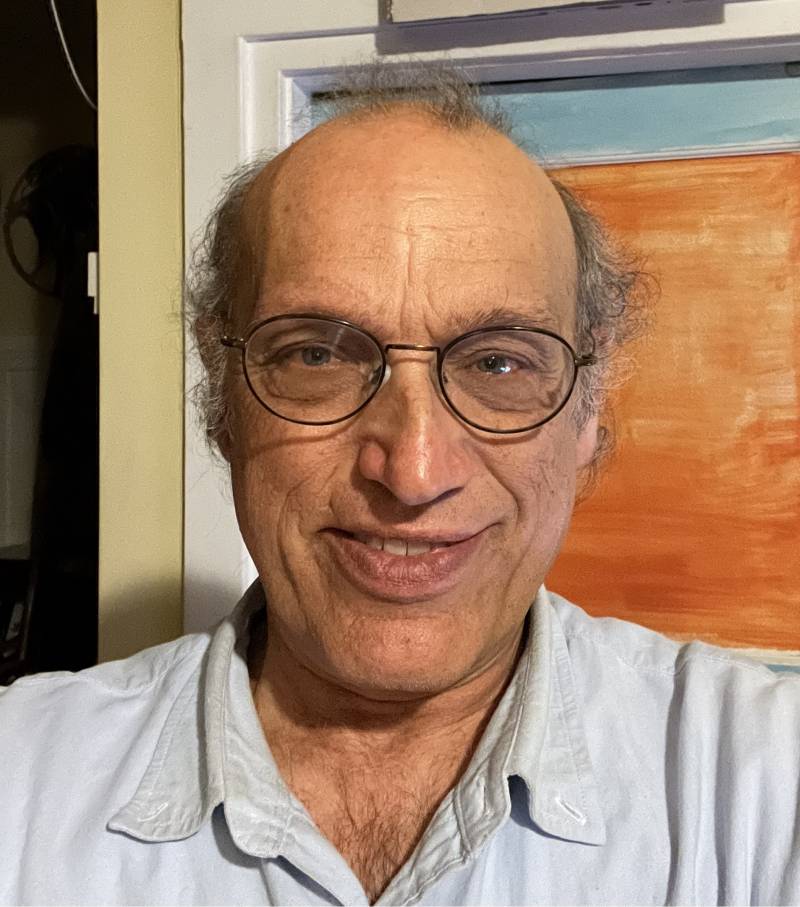When crime strikes, it’s easy to feel defeated and helpless. David Giesen tells us how he stays hopeful.
Some Wednesdays ago in the dark of morning I was awakened by the sound of an electric saw blade on metal. Instantly I knew what was going on and dashed out the door in my boxers with a flashlight, prepared to confront those thieving my Toyota Prius’ catalytic convertor. I was met by an even brighter flashlight stuck in my face, and in the man’s other hand, I believe, a handgun. In a millisecond I determined to be no dead or injured hero, and reentered the house, locked the door, and fumbled my phone awake to call 911. Thirty seconds later the thieves were gone.
Stories of theft, other crime, and uncivil behavior blow like dead leaves down the sidewalks of San Francisco these days, and to experience some of that violation of person and property directly is terribly discouraging, but I want to tell you what happened next because it might just startle all of us awake in a spirit of possibility.
After hanging up my 911 call, I fantasized brutal interventions I wanted to smash the thieves with. But suddenly, somehow, Martin Luther King’s life and legacy came to mind “What if,” I thought. “What if I had gone out the front door and done something the desperate thieves had never expected? What if I had asked them to tell me about their lives and circumstances? What if I had just listened?”
Call it crazy, but I further fantasized society at large engaging in such revolutionary thoughts. What if we, as a culture, paused to speak with, and listen to all those who act in uncivil, debased ways? What if we began by not thinking the perpetrators of crime to be congenitally criminal? I don’t have a patent medicine to sell here that will heal our city, state, and nation, and, dare I say, the world, but I am confident there’s a cure to be found in Martin Luther King’s revolutionary alternatives to conventional crime and punishment.
